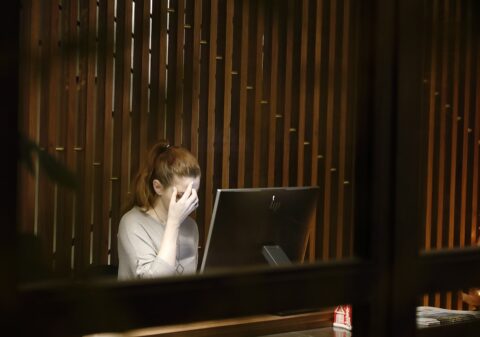High Court Cannot Re Interpret Evidence Under Article 226 In Absence Of Perversity Or Illegality: Supreme Court

The Hon’ble Supreme Court (“SC”) in a recent judgement of Ajay Singh v. Khacheru and Ors[1]. held that the Hon’ble High Courts should not reappreciate evidence unless in exceptional cases of perversity or illegality committed under Article 226 of the Constitution of India.
The SC was hearing appeals challenging the order passed by the Hon’ble Allahabad High Court (“HC”) dismissing a civil review petition of a particular writ petition. The primary dispute between the parties pertains to Khasra No.103 (“disputed land”) which was recorded as ‘Johad (Pond)’ in the Revenue Records in the year 1970. Thereafter, in 2003, the Respondent, claimed rights over the disputed land by alleging that the said disputed land was recorded records of the year 1981-1982. Soon thereafter, the Appellant approached the competent authority by filing an application under section 198(4) of the U.P. Zamindari Abolition and Land Reforms Act, 1950, contending that the disputed land was Johad (Pond) before the consolidation operation and not otherwise as allegedly claimed by the Respondent.
The Respondent, before the Ld. Additional District Magistrate/Additional Collector, contended that the disputed land was patta instead, relied upon the revenue records of the year 1981 – 1982, wherein the aforesaid disputed land was allotted to the Respondent.
After examining the contentions made by the Respondent, the Ld. Additional District Magistrate/Additional Collector concluded that based on the evidence available the disputed land was not allotted in the name of the Respondent. Subsequently, the Respondent filed a revision petition before the hon’ble Appellate Authority which was dismissed on the pretext that the entries as alleged by the Respondent were false and upheld the decision and order passed by the Ld. Additional District Magistrate/Additional Collector. Moreover, the Appellant filed a suit to seek permanent injunction in respect of the disputed land against the Respondent before Civil Judge (Junior Division). Thereafter, an ex-parte decree was passed in favour of the Appellant.
Being aggrieved by the ex-parte decree passed against the Respondent, the Respondent preferred a review application, however, the same was dismissed while upholding the orders and reasons stated by the competent authorities.
Furthermore, the Respondent, being aggrieved by the dismissals of the review application filed before the Ld. Additional Commissioner, preferred a Writ Petition before the HC challenging the previous orders passed by the competent authorities. The HC, while hearing the Writ Petition, set aside the orders of the Additional District Magistrate/ Additional Collector and Additional Commissioner. The HC was of the opinion, that the facts and legal aspects were not considered properly by the authorities below, and that the disputed land was incorrectly recorded as ‘Johad (pond)’ in revenue records.
The Appellant thereafter, preferred a review of the Writ Petition filed by the Respondent, which was dismissed.
The primary issue before the SC was that whether the concurrent findings recorded by the Additional District Magistrate/ Additional Collector and Additional Commissioner that the disputed land was recorded as a Johad (Pond) in the revenue record, could have been interfered by the High Court in a writ jurisdiction under Article 226 of the Constitution of India.
The SC after deliberation held that, there was no basis for the High Court to overlook the findings of the authorities and come to its own conclusion by re-appreciating the evidence on record. The same was outside the purview of Article 226 of the Constitution of India in the absence of any perversity or illegality afflicting the findings of the authorities. The SC relied on several decisions[2] to state the well-established principle that the High Court, while exercising its jurisdiction under Article 226 of the Constitution of India, cannot reappreciate the evidence and arrive at a finding of facts unless the authorities below had either exceeded its jurisdiction or acted perversely.
In the author’s opinion, the present decision is an apt resolution of an erroneous finding by a High Court misusing its powers under Article 226 of the Constitution of India. The High Courts are not empowered to re-interpret the evidence on record, when courts of competent jurisdiction and competent authorities have already applied their mind on the matter at hand in the absence of perversity. Thus, the instant decision passed by the SC reiterates the well settled principle pertaining to the powers of a High Court under Article 226 of the Constitution of India.
[1] SLP (C) Nos. 34407-34408 of 2013 decided on 2nd January 2025.
[2] Chandavarkar Sita Ratna Rao v. Ashalata S. Guram, (1986) 4 SCC 447; Shamshad Ahmad v. Tilak Raj Bajaj, (2008) 9 SCC 1; Krishnanand v. Director of Consolidation, (2015) 1 SCC 553.
By entering the email address you agree to our Privacy Policy.



